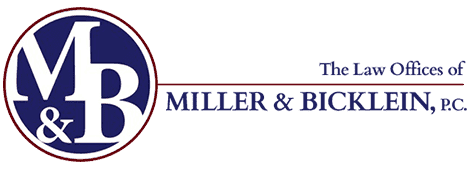If you are making a living on the Texas oil fields, you will be only too aware of the dangers of your job. Working on and around drilling rigs and other heavy equipment poses multiple safety hazards and a constant risk of severe injuries or even death. Challenging working conditions, defective equipment or negligence of co-workers or supervisors could leave you suffering the consequences of a workplace accident and mounting medical bills.
Flammable materials, gases and chemicals will be your constant companions if you work in the gas and oil industry. As you move about refining, extraction and other sites, fire protection must be the primary concern. Fire hazard management forms a key part of employee safety in this industry.
Tips for fire protection improvement
The Occupational Safety and Health Administration has strict regulations and also guidelines for establishing fire prevention protocols. The following precautions and steps may keep you safe from harm:
- Assess preparedness: Identify high-risk areas such as where welding activities expose employees to flammable or combustible materials. Inspect the conditions of fire extinguishers and sprinkler systems, and replace damaged ones where necessary.
- Ensure equipment is readily available: Portable and fixed fire extinguishers must be nearby to all workstations to ensure immediate containment of fires before they can spread to other areas.
- Install mass alert systems: There is no time to waste when a fire erupts, and a system that will alert all workers is essential. Mass notification systems and emergency alarms can alert workers to evacuate safely. Some companies even warn employees via text messages on their mobile phones.
- Use toxic gas detection devices: Dangerous gasses that could threaten your life may fill the air. Use the available detection equipment to monitor toxic vapors and gases, and discontinue work immediately if the levels surpass those recommended by OSHA.
- Training, training, training: The most important requirement for preventing fires is training. You and your coworkers must make sure you attend all the appropriate training sessions. This includes the operation of equipment and other aspects of fire prevention and evacuation procedures.
Workers’ compensation
If you should suffer an on-the-job injury, the law entitles you to workers’ compensation benefits. These may cover medical expenses and wage loss benefits. If your injury caused the loss of a body part — or the function of a body part — you might receive additional compensation, along with vocational training that could prepare you for a different occupation.
